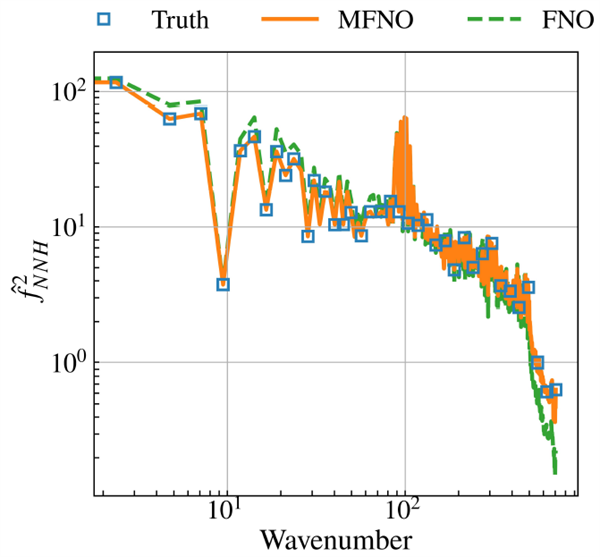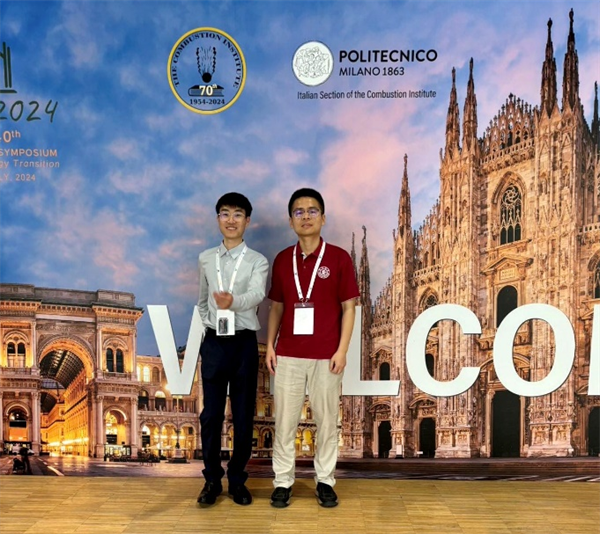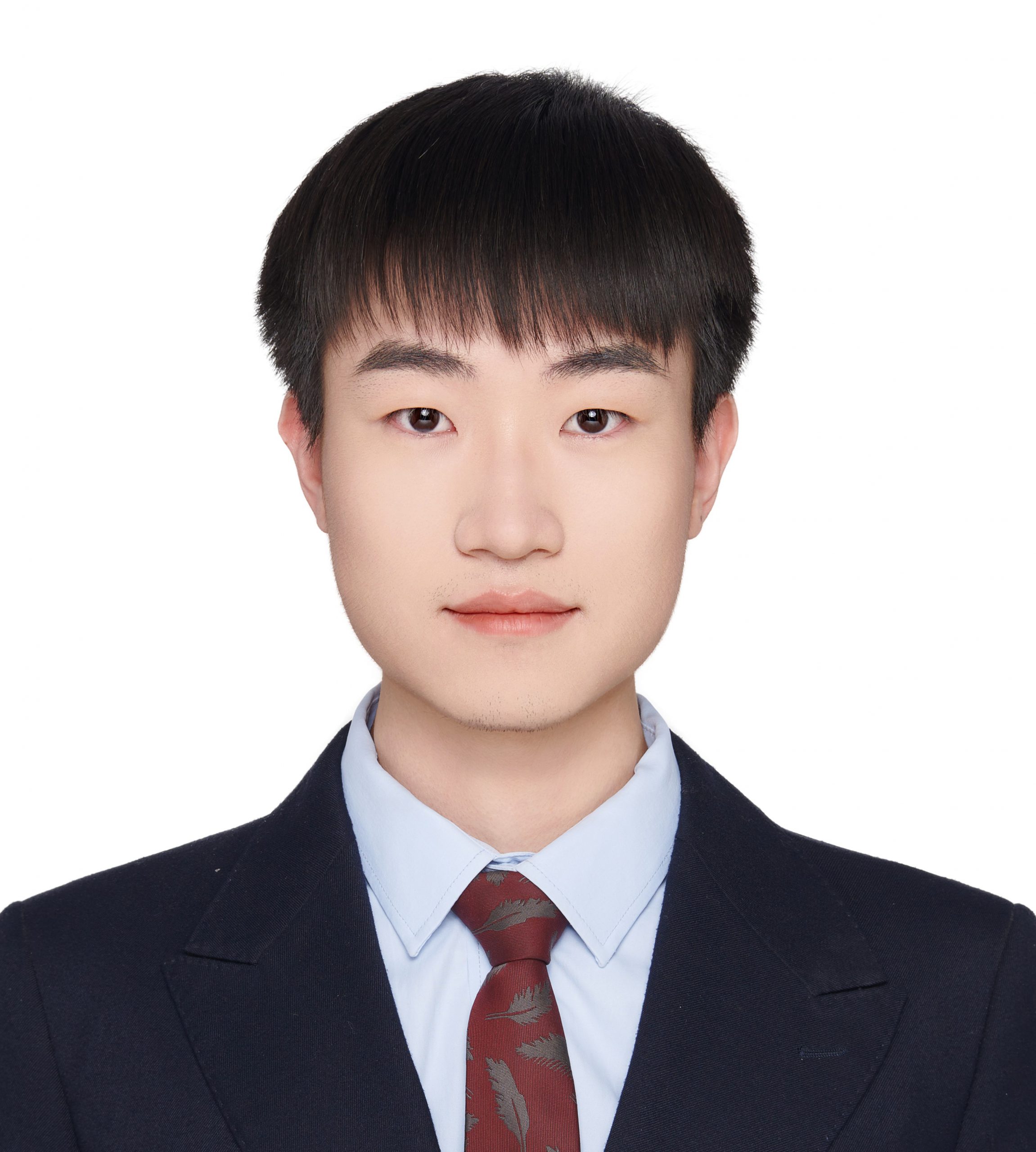Hao Zhang, a senior undergraduate student at the University of Michigan – Shanghai Jiao Tong University Joint Institute (UM–SJTU JI, JI hereafter), has achieved a significant academic milestone. His research paper titled “Learning Transient Evolution of Multidimensional Reacting Flows by Multiscale Fourier Neural Operators,” was recently accepted for presentation at the 40th International Symposium on Combustion. Following its presentation, the paper was published in the Proceedings of the Combustion Institute, a leading journal in the field of combustion science. Hao Zhang is the first author of the paper, and JI Associate Professor Dezhi Zhou served as the corresponding author.

Efficient computation and prediction of reacting flows are crucial in fields such as energy, defense, and the environment. Due to the strong coupling of turbulence and chemical kinetics, reacting flows exhibit typical multi-scale characteristics in both time and space, resulting in high computational stiffness. Furthermore, the high-dimensional scalar fields, including thermal variables and chemical components in reacting flows, further increase the resource consumption of numerical simulations. While simplified methods like Large Eddy Simulations (LES) and Reynolds-Averaged Navier-Stokes (RANS) equations, combined with various turbulence-chemistry coupling models, can accurately predict the evolution of scalar components in reacting flows, these methods are still computationally demanding in practical applications. The rapid development of machine learning technology in the scientific field offers hope for overcoming the challenge of balancing computational cost and solution accuracy in transient predictions of reacting flows.

Diagram of Hao Zhang’s research project
Hao Zhang’s paper introduces an innovative solution by proposing a multiscale Fourier neural operator method for predicting the transient evolution of high-dimensional scalar fields in reacting flows. This approach leverages the multi-scale physical characteristics inherent in reacting flows and applies the Fourier neural operator within an operator learning framework. By grouping chemical components according to their characteristic time scales for parallel training and using a weighted loss function to address optimization imbalances, the method significantly enhances predictive performance. The effectiveness of this approach was validated using datasets from laminar counterflow flames and turbulent jet flames under various initial and boundary conditions, demonstrating superior predictive capabilities compared to traditional models.


Large Eddy Simulation Data and Spectral Analysis of Turbulent Hydrogen-Ammonia Flames
The International Symposium on Combustion is the most prestigious conference in combustion science, known for its rigorous peer-review process. Papers accepted for the conference undergo a two-stage review process, including a presentation and subsequent review before publication in the Proceedings of the Combustion Institute. The 40th International Symposium on Combustion was held in Milan, Italy, in July 2024.

Hao Zhang makes oral presentation at the combustion symposium.

Hao Zhang and his advisor Dezhi Zhou at the conference

Hao Zhang, currently a senior majoring in Mechanical Engineering at JI, has received several accolades, including the National Scholarship. Upon graduation, he plans to continue his academic journey by pursuing a Master’s degree in Mechanical Engineering at Stanford University in the United States.

Dezhi Zhou is an associate professor and Ph.D. advisor at the University of Michigan – Shanghai Jiao Tong University Joint Institute. He obtained his Ph.D. from the National University of Singapore and has conducted postdoctoral research at both the National University of Singapore and the University of Minnesota. Recognized under the Shanghai Overseas High-Level Talent Program, Professor Zhou’s research interests include turbulence combustion modeling, aerosol and particulate dynamics, high-performance reacting flow solution algorithms, and efficient low-carbon combustion in engines.
Editor on Duty: Tao Qingxiao
Responsible Editor: Jiang Qianqian, Wang ninghua, Li Xinyu

